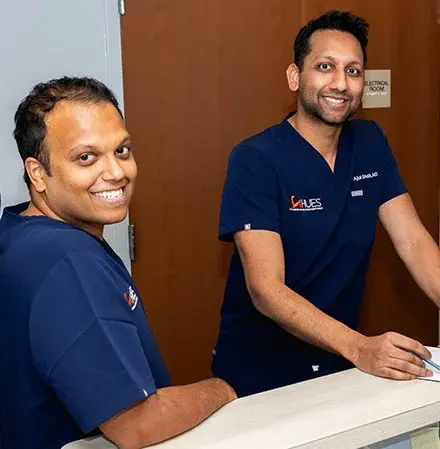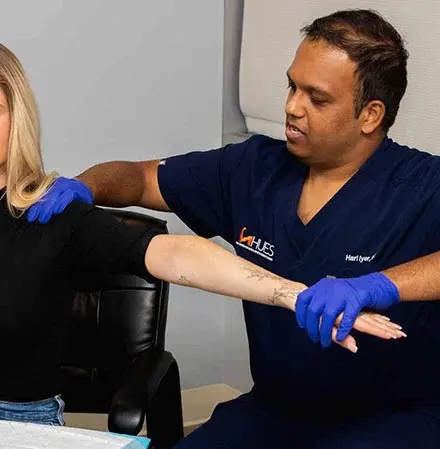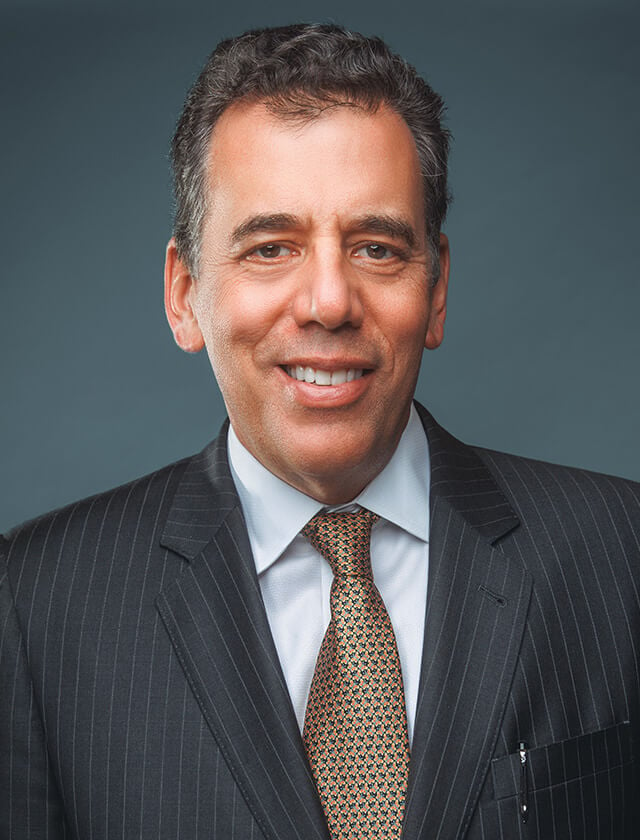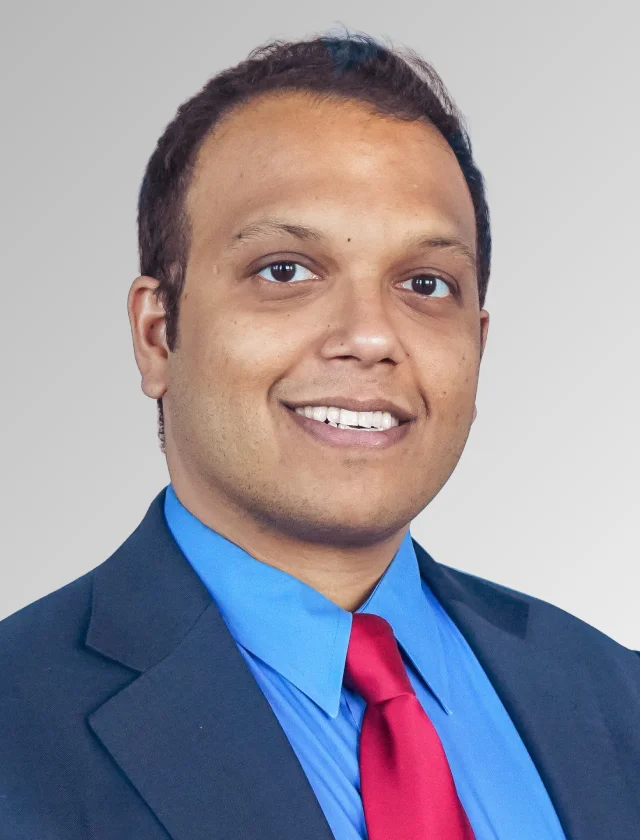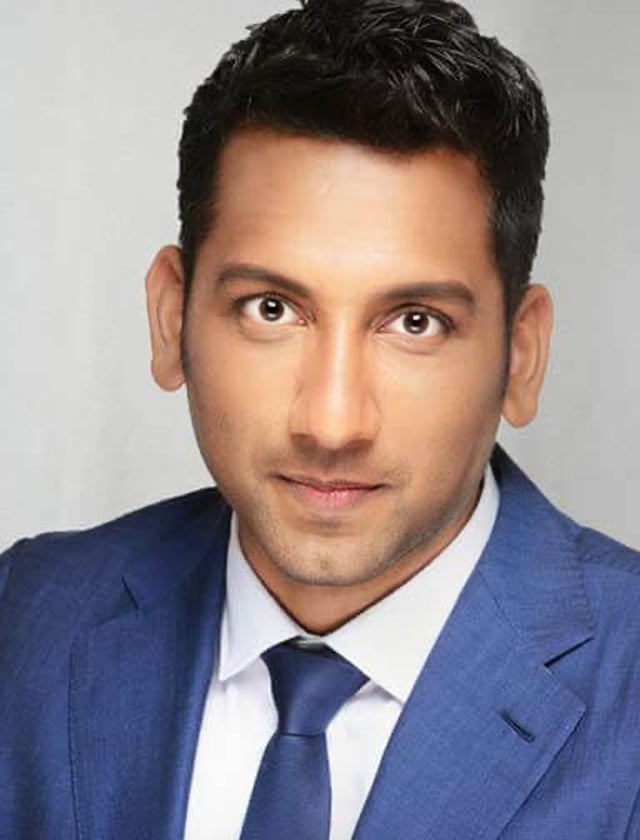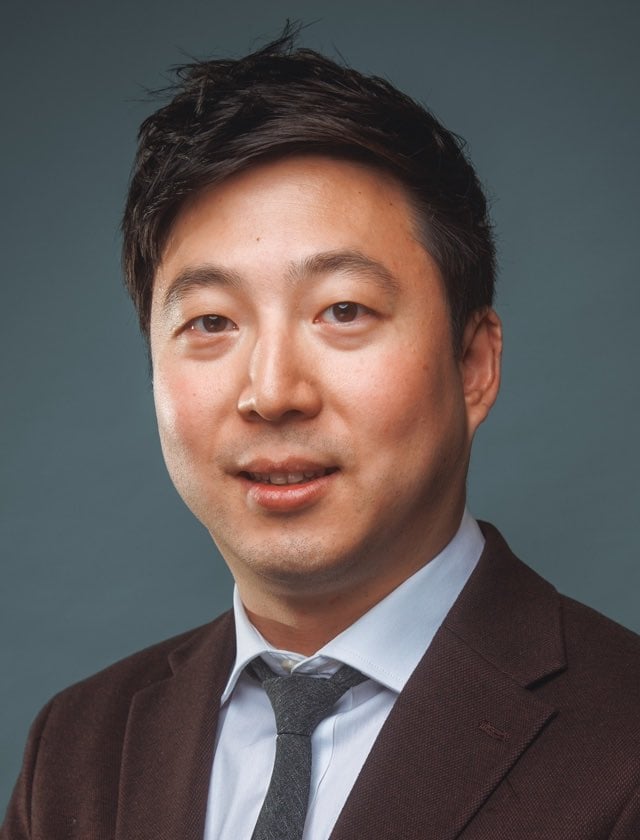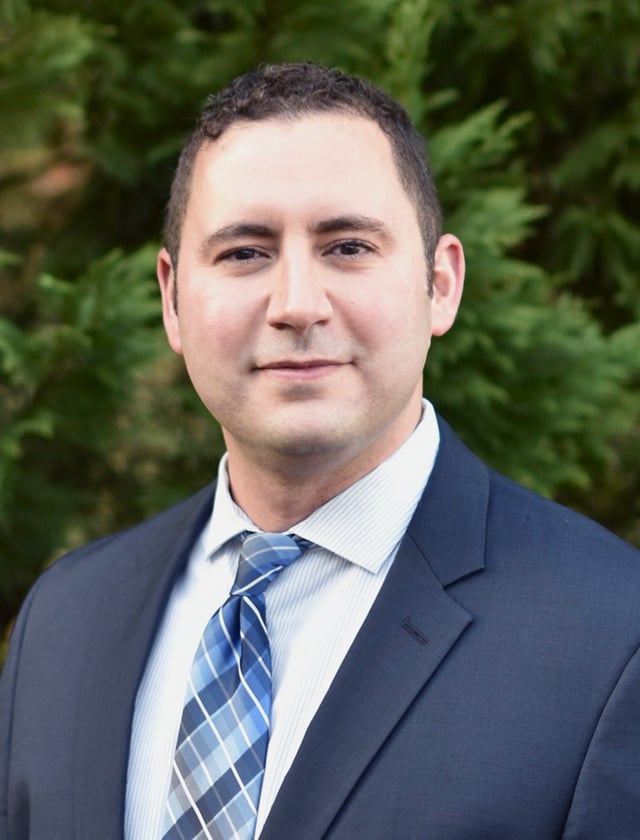We offer our patients extensive Brachial Plexus Injury Treatment, ranging from physical therapy and medications to relieve inflammation to surgical brachial plexus reconstruction, nerve grafting, and nerve transfer surgery.
GET WORLD CLASS BRACHIAL PLEXUS TREATMENT WITH OUR BRACHIAL PLEXUS INJURIES PROGRAM
Request An Appointment at The Institute for Advanced Reconstruction
Our specialists are among the few across the globe to perform all aspects of reconstructive procedures.
Brachial Plexus Reconstructive Surgery


The brachial plexus is a large, complex bundle of nerves in the shoulder. Nearly all signals that go from the brain to the upper arm and chest pass through the brachial plexus. When a person sustains injury to the shoulder, neck, or arm, the nerves of the brachial plexus can also sustain damage, which can result in loss of sensation, paralysis of the arm, or chronic pain.
Most brachial plexus injuries result from trauma to the shoulder, often in the form of stretch injuries. They can also be caused by pressure on the brachial plexus nerves caused by tumor growth in the area, accidents, or physiological problems present since birth. The nerves of the brachial plexus may also be damaged by exposure to infectious agents, chemotherapy, or radiation from radiation therapy.
Depending on its seriousness, treatments for brachial plexus injury range from physical therapy and medications that relieve inflammation, to surgical brachial plexus reconstruction to relieve pressure on the nerves or even replace the nerves. At The Institute for Advanced Reconstruction, we also perform nerve transfer and nerve grafting surgery to help patients who have suffered massive injuries to the brachial plexus or other types of paralysis.
How
We Can
Help
Brachial Plexus Injury Treatment
Our Mission Is To Improve The Quality Of Our Patients’ Lives
We Treat Brachial Plexus
at 6 Locations Across New Jersey
.jpg?width=439&quality=high)
Building 4, Suite 205
Brick, New Jersey 08723
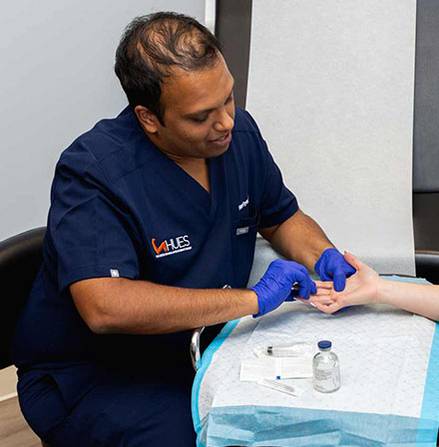
Suite 201
East Brunswick, New Jersey 08816
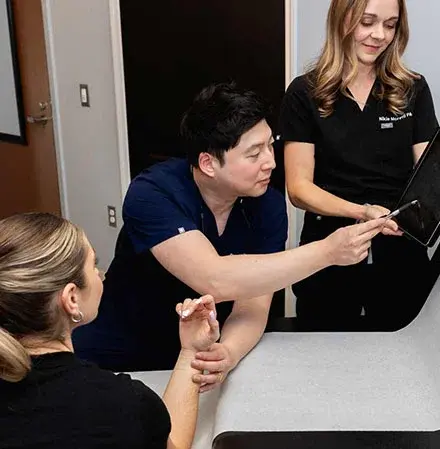
Suite 260
Florham Park, New Jersey 07932
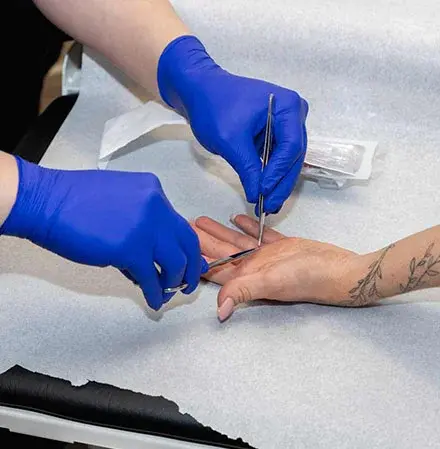
Suite 1A
Freehold, New Jersey 07728
Consultation for our Brachial Plexus Injuries Program: Is it right for you?
- Are you having difficulty moving your arm or shoulder?
- Have you been in an accident or experienced a traumatic injury?
- Have you had a recent infection?
- Have you ever had chemotherapy or radiation therapy?
- Are you experiencing numbness in your arm or shoulder?
Our Surgeons
About
The Institute for
Advanced Reconstruction
The Institute for Advanced Reconstruction is uniquely positioned as the ‘go-to’ center for revolutionary nerve procedures, as well as world-class reconstructive treatments.
These include cutting-edge procedures such as nerve transplantation that may restore a significant degree of function for those who have suffered from stroke and other forms of paralysis. Patients who at one time believed they had exhausted their paralysis treatment options come from around the country and the globe to our practice in New York City and Shrewsbury, New Jersey.
The Institute for Advanced Reconstruction is also composed of the Axon Advance Foundation, a non-profit organization focused on new horizons in research, innovation and surgical treatments for peripheral nerve damage and spinal cord injury.
Frequently
Asked
Questions
Technically, transplant is transferring something from one place to another. (In reality, the medical profession considers transplant taking from one person to another.) Taking something from within the body and putting it somewhere else actually is considered grafting. A transfer is taking a nerve from the general locale and using it within that locale, without completely disconnecting it. Our surgeons perform all of these procedures.
A patient’s surgical treatment regimen needs to be personalized, as it is often a complex, multi-step undertaking. Some patients are not candidates for nerve surgery, and some patients have maximized the benefits from nerve surgery, but if necessary, the plan should not end there. There are many procedures that can be undertaken to help. Muscle transfers, tendon transfers, muscle flaps, and joint fusion are some of the procedures that may also benefit patients with paralysis.
As with any illness or injury, the type of treatment selected is potentially a very emotional topic. Because of the complexity of the treatment, we believe that the most important aspect of a search for care is to consider a complete approach to a solution, rather than a solely compartmentalized one.
Using a true team approach to care is the hallmark of our practice. You need a team to integrate all the modalities I have described. There are very few institutions that truly use this approach.









